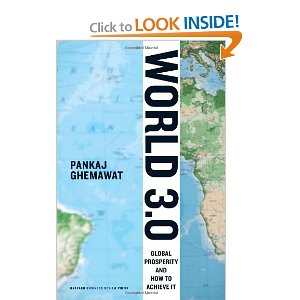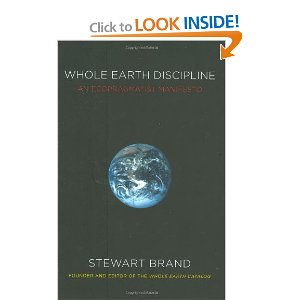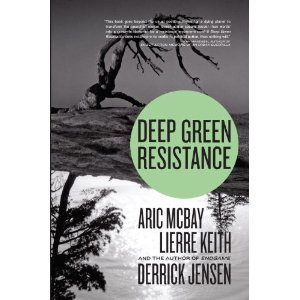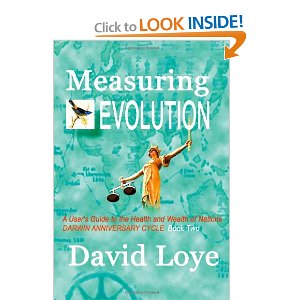
Pankaj Ghemawat
5.0 out of 5 stars Six Star Nuanced, Brilliant, the Stuff of Nobel Laureates,September 15, 2011
This is a nuanced book. It is not possible to “review” it without having actually read it, read it carefully, and then read it again. It was easily a five as I got into it, and then became a six as I appreciated just how magnificently the author has reframed all future discussion of this topic, and set the gold standard for data-driven discussion–not something they do in Bonn, London, Paris, or Washington.
This is not a book for data geeks. The author excells from the first page in emphasizing the importance of perception and understanding (however wrong they might be_, and the tangible relevance of convictions, history, and philosophy….these MATTER to business, and in this book I believe the author takes the intellectual and ethical level of any business discussion about globalization and about regulation up a notch.
Continue reading “Review: World 3.0 – Global Prosperity and How to Achieve It”







